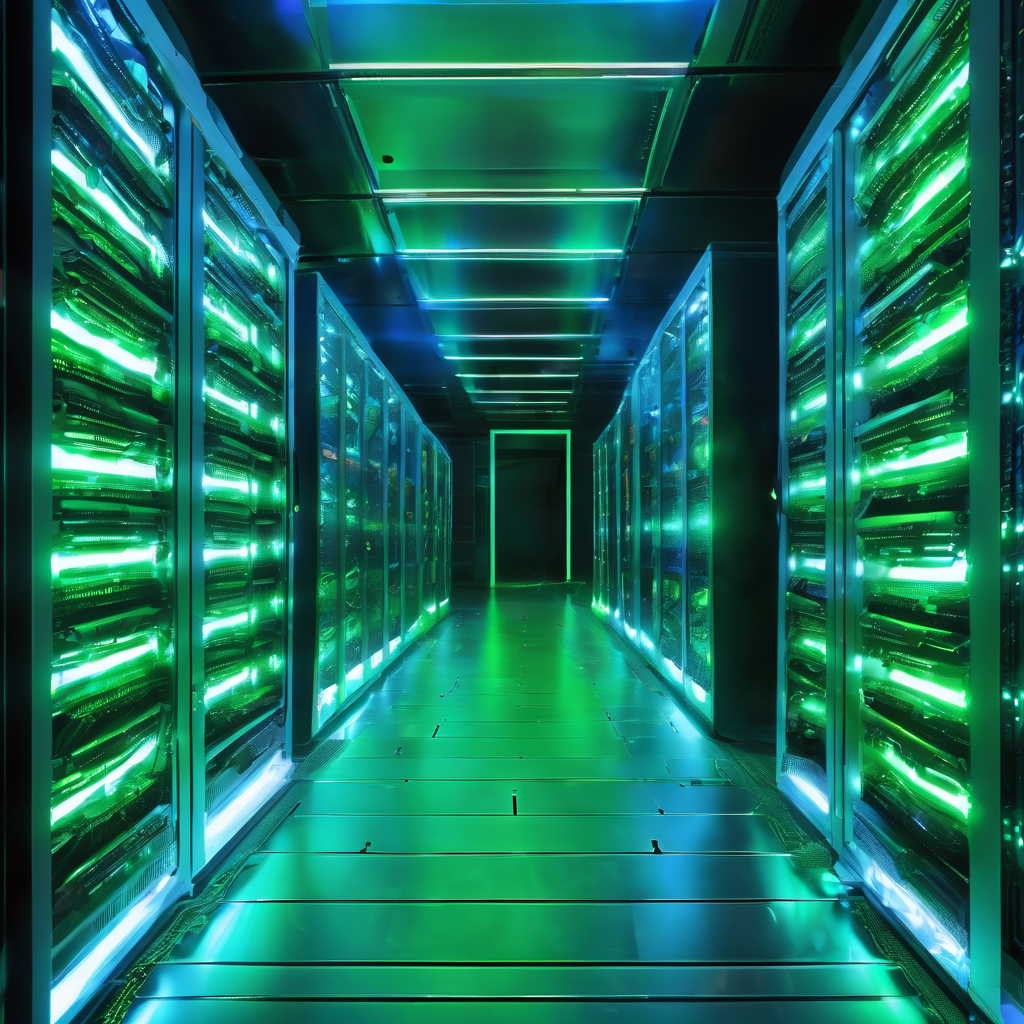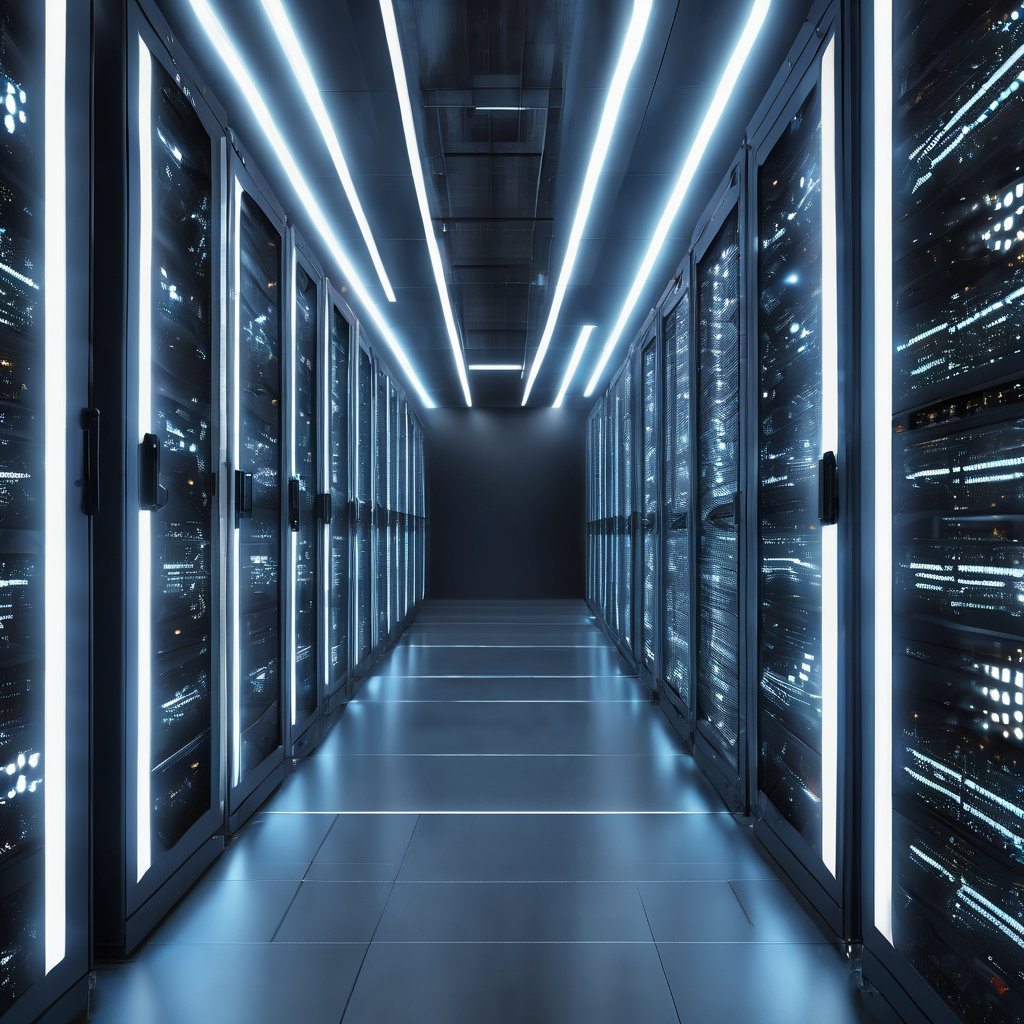
Welcome to Atlantic Intelligence, a newsletter designed to help you navigate the complexities of artificial intelligence and the emerging machine age. If this newsletter was forwarded to you, you can sign up here. You might expect that, given the bold statements from Silicon Valley leaders, AI would be a primary topic for Kamala Harris and Donald Trump. Tech executives have claimed that AI will transform virtually everything—especially the workplace. From truck drivers to attorneys, many in various professions may soon see elements of their jobs automated. However, despite their extensive discussions about jobs and the economy, Harris and Trump haven’t focused much on AI during their campaign appearances. As my colleague Matteo Wong highlighted yesterday, this might be because AI is one of the few issues where both sides find common ground. Since President Obama’s administration, there has been a continuous development of AI policy; both Trump and Joe Biden made efforts to enhance the federal government’s expertise in AI, encourage private-sector advancements, establish safety and reliability standards for the technology, lead international discussions on AI, and prepare the American workforce for potential job displacement due to automation, as noted by Matteo. However, there is a complication. Trump and his representatives have recently criticized the Biden administration’s alleged “woke” and “Radical Leftwing” AI policies, despite the fact that these policies mirror orders Trump himself enacted. This rise in partisanship threatens to disrupt years of bipartisan progress, but there remains hope that reason will prevail. An Overlooked Commonality Between Candidates By Matteo Wong While the current presidential election has brought various issues to the forefront, the generative AI boom has not been one of them.
Neither Kamala Harris nor Donald Trump has prominently featured the technology in their public communication, nor have they developed detailed AI platforms. AI does not appear to compete with other pressing issues like the economy, immigration, and abortion rights, which are often crucial to campaign success. However, don’t underestimate the American public's concern regarding artificial intelligence. Surveys show that a significant majority of adults across major political parties are in favor of governmental regulation of AI, and this demand may even be increasing. There are ongoing initiatives aimed at addressing AI-driven disinformation, fraud, privacy breaches, and promoting private-sector innovation at both state and federal levels. Comprehensive AI policy is on the horizon, and the next president could influence its trajectory for years to come. Read the full article. What to Explore Next P. S. In the midst of election chaos, many individuals are keenly awaiting results not just out of concern for the nation's future, but also due to substantial financial stakes. “On Polymarket, possibly the most popular site for political betting, over $200 million has been wagered on the U. S. presidential election outcome, ” my colleague Lila Shroff reported yesterday in The Atlantic. These so-called prediction markets often claim to serve as “truth machines, ” Lila notes, “but that’s a difficult role when there’s such disagreement among Americans about fundamental truths. ” — Damon
The Overlooked Role of AI in the 2024 Presidential Election


Google Cloud has announced a major partnership with Anthropic, a leading AI company, to expand the use of Google’s TPU (Tensor Processing Unit) chips for training upcoming versions of Anthropic’s Claude AI models.

On October 18, 2025, during the nationwide “No Kings” protests across the United States, President Donald Trump posted a controversial AI-generated video on his platform, Truth Social.

Liu Liehong, Secretary of the Party Leadership Group and Director of the National Data Bureau, recently conducted a detailed survey at two leading intelligent technology companies: Reeman Intelligent Technology Co., Ltd.

Otterly.ai, an innovative Austrian software company founded in 2024, is advancing AI-powered search and answer technologies by providing specialized tools to monitor and optimize brand visibility within these evolving platforms.

A recent MarketsandMarkets report highlights rapid growth in the artificial intelligence (AI) market for sales and marketing, projecting an increase from USD 57.99 billion in 2025 to USD 240.58 billion by 2030—a compound annual growth rate (CAGR) of 32.9%.

Allie Kelly, CMO at Intentsify, examines how Artificial Intelligence (AI) is revolutionizing intent data use and unlocking precision in B2B marketing.

AppLovin APP is marking a significant milestone this October as it accelerates its evolution from a mobile gaming company into a comprehensive AI-driven advertising powerhouse.
Launch your AI-powered team to automate Marketing, Sales & Growth

and get clients on autopilot — from social media and search engines. No ads needed
Begin getting your first leads today